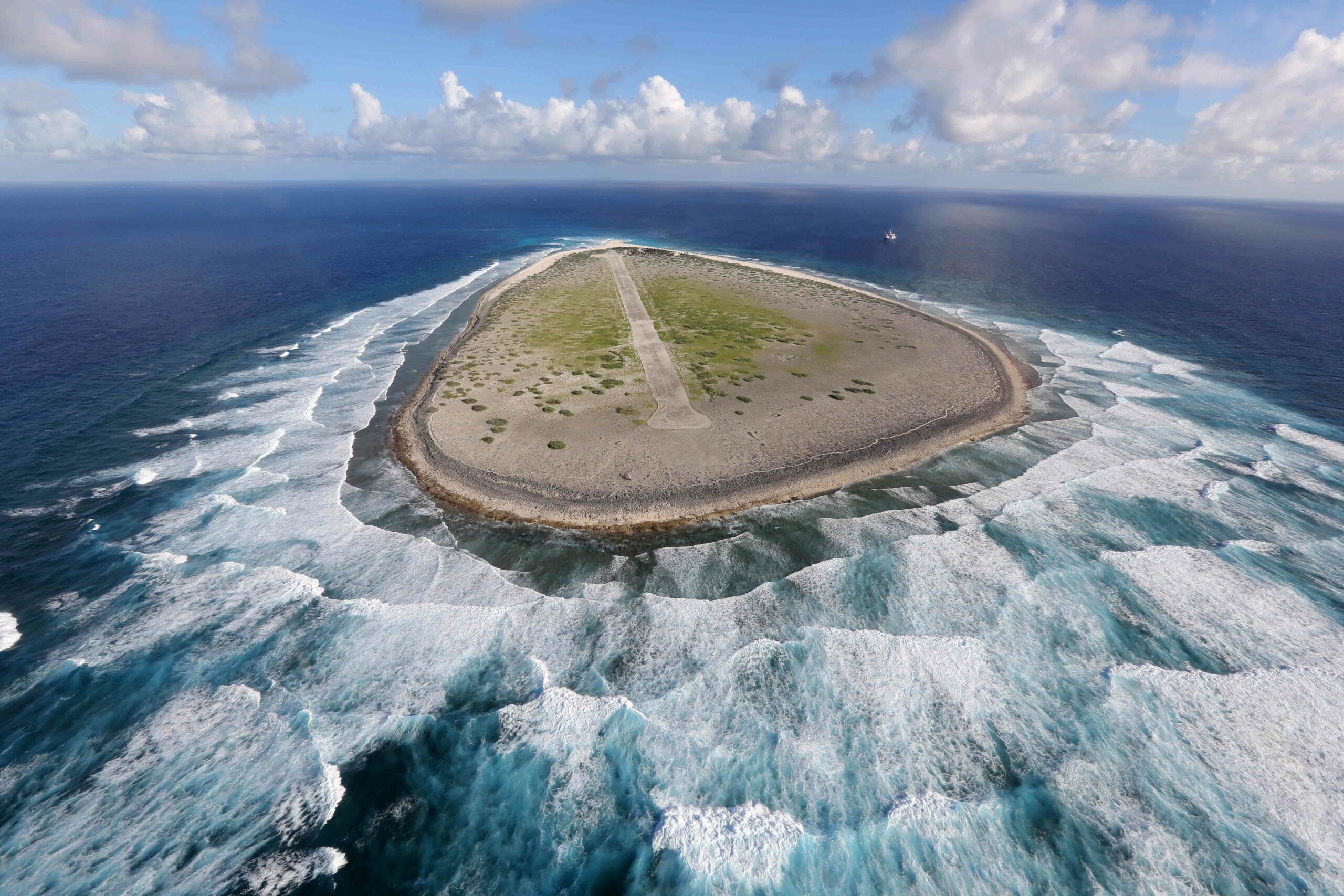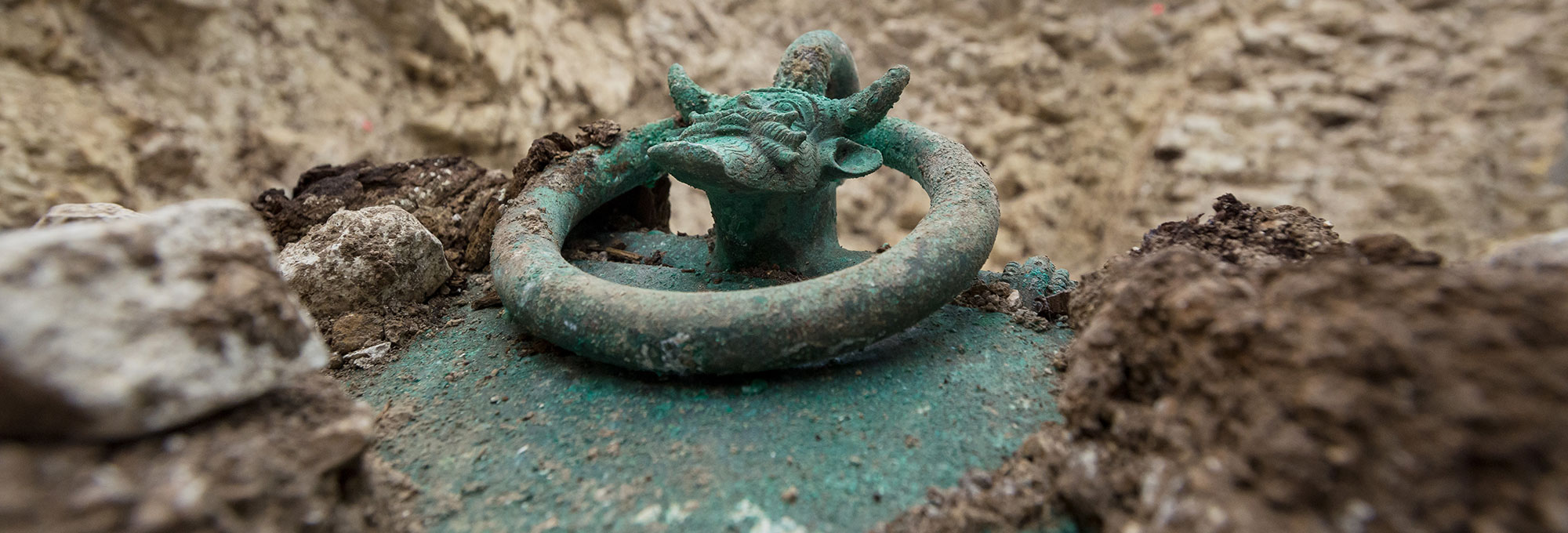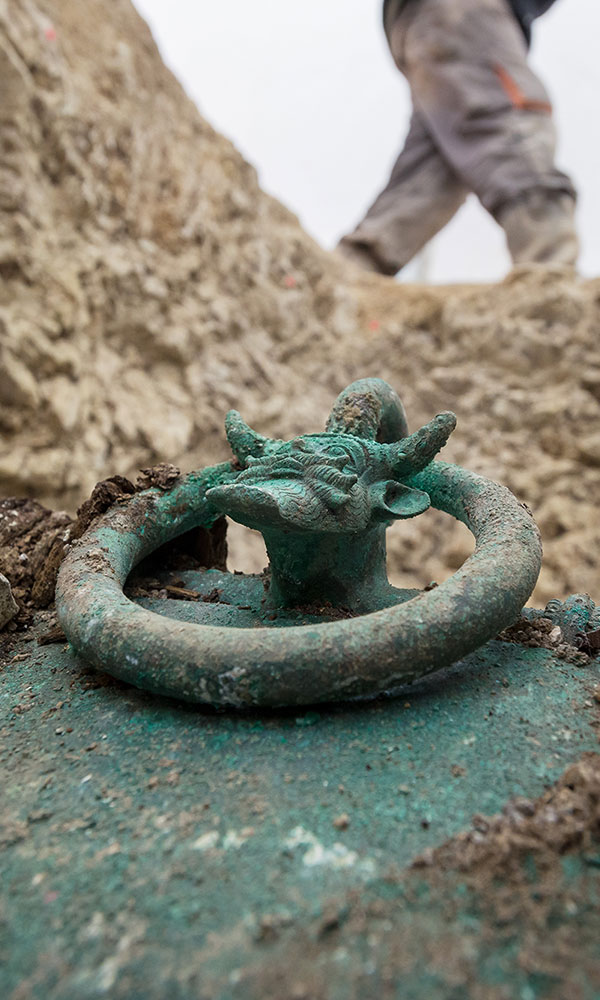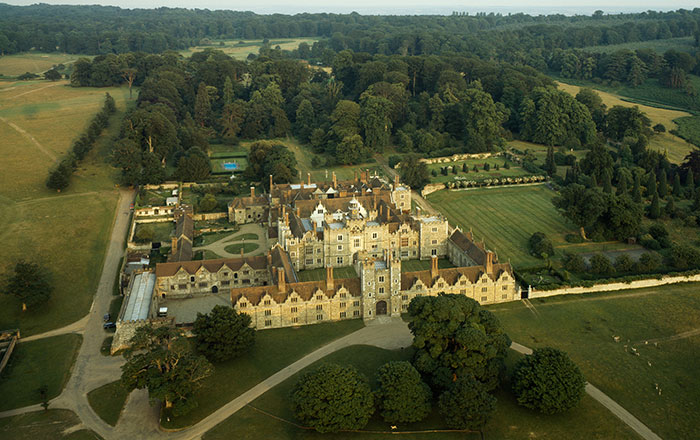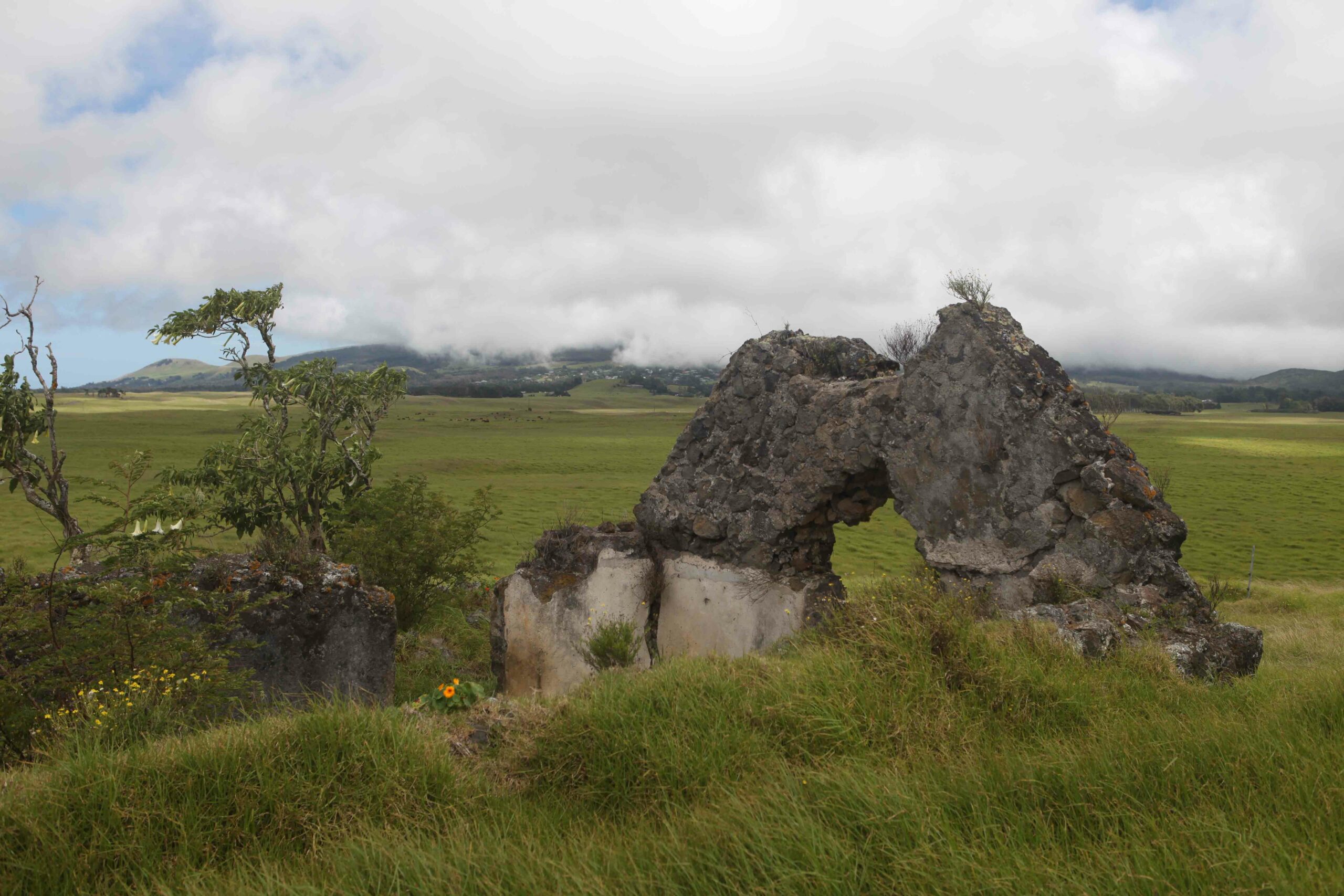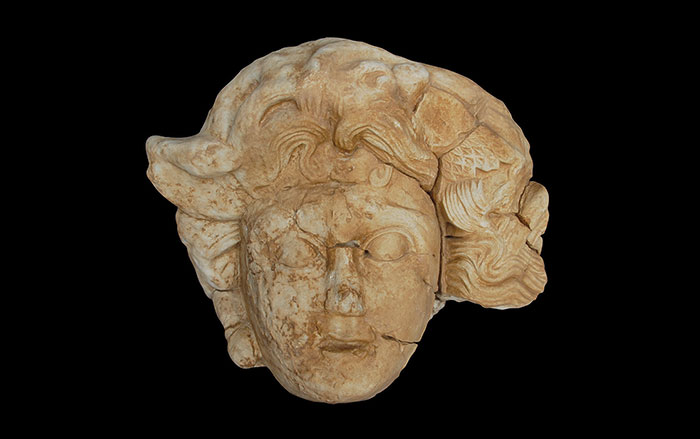
BOSTON, MASSACHUSETTS—New research is showing that widespread loss of forests in Madagascar around 1,000 years ago was not caused by climate change, but was the result of deliberate fires set by human settlers. Scientists from MIT and the University of Massachusetts Amherst made the discovery after studying two stalagmites from a cave in northern Madagascar. Stalagmites absorb water that percolates from the surface into caves, and change in their chemical composition reflects a region's environmental history. The team found that around 1,000 years ago, when cattle were first introduced to the island, carbon isotope ratios in the stalagmites suddenly went from levels consistent with forests to those typical of grasslands. Oxygen isotopes remained unchanged, meaning rainfall and the general climate remained the same. The dramatic shift could only be explained by humans setting fire to the forests to clear land for pasture. "We went in expecting to just tell a climate change story, and were surprised to see a huge carbon isotope change in both stalagmites,” said paleoclimatologist David McGee in an MIT press release. “Both the speed at which this shift occurred and the fact that there’s no real climate signal suggest human involvement.” To read in-depth about archaeology being done on the east coast of Africa, go to "Stone Towns of the Swahili Coast."


